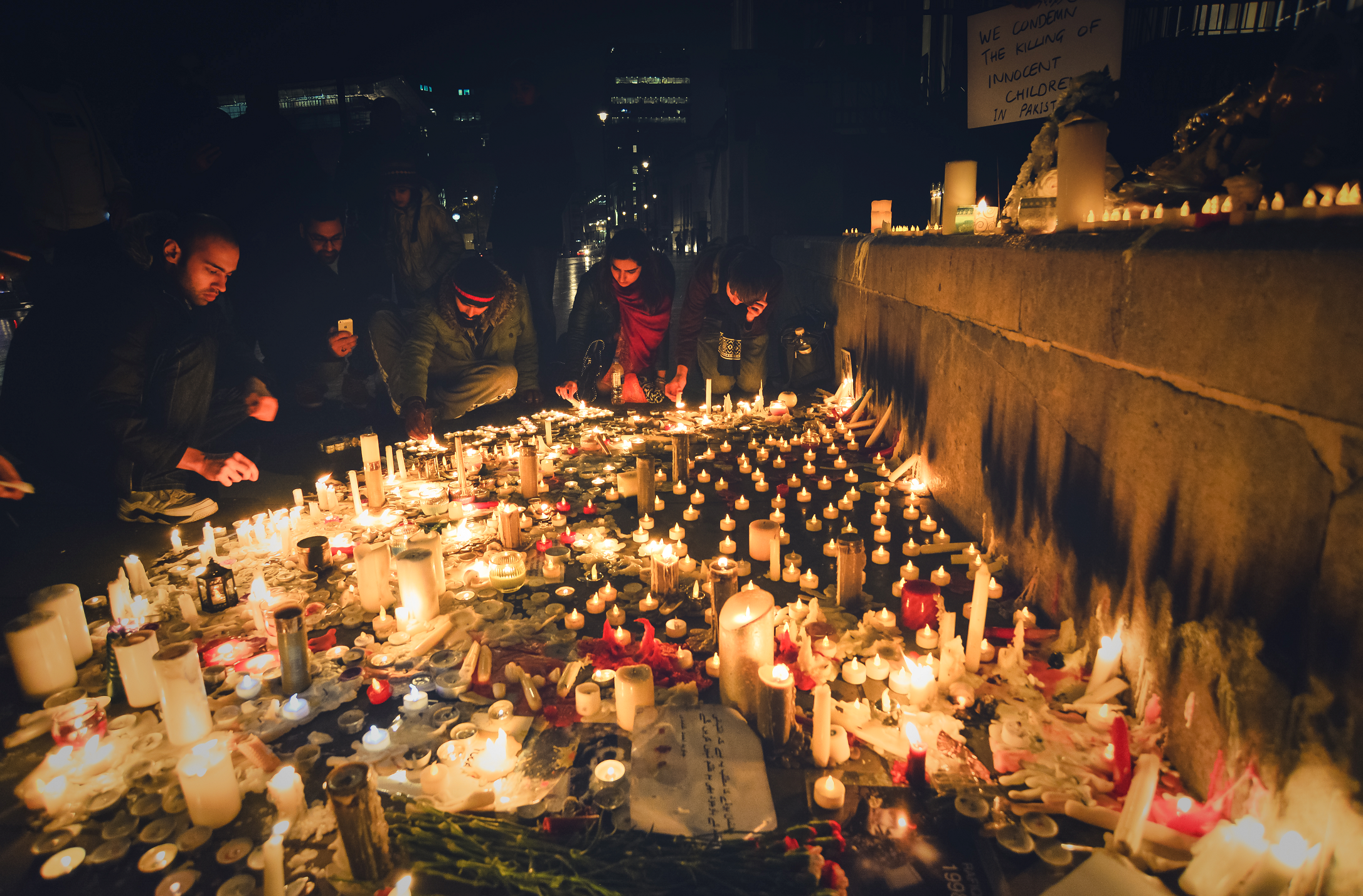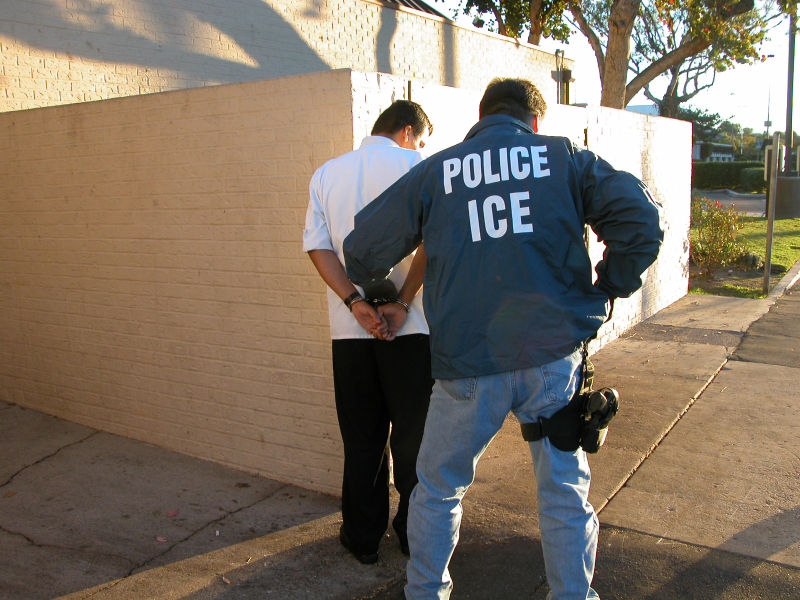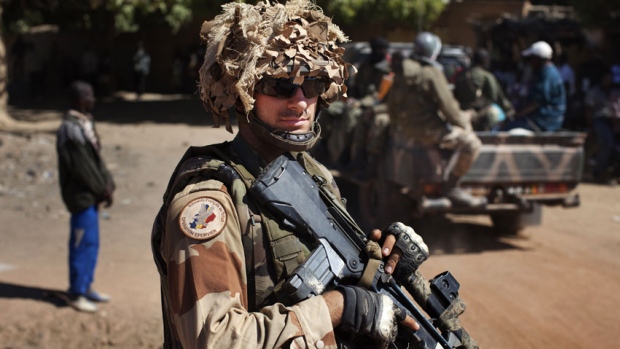About a month ago, seven militants armed with guns, suicide vests, and explosives, stormed the Army Public School in Peshawar, Pakistan. They tore through classrooms, firing indiscriminately. 141 people, 132 of them children, lost their lives as a result of the attack. The TTP (Tehreek-e-Taliban Pakistan) or Pakistani Taliban claimed responsibility for the attack, declaring that it was in retaliation for the army’s military offense against the group in North Waziristan.
This is the Taliban’s deadliest attack in Pakistan and authorities have rightfully condemned it across the country. Prime Minister Nawaz Sharif vowed to bring an end to terrorism in Pakistan, and declared that the moratorium on the death penalty for terrorism cases would also be brought to an end. Although this is a heavy statement, it is time to do more than just condemn the act. Not only must Sharif take action to deliver on his promise, but the upcoming days will be crucial for Peshawar’s provincial government as well. Led by opposition party leader and former cricketer Imran Khan, the Pakistan Tehreek-e-Insaf has condoned peace talks and negotiations with the Taliban in the past. At one point earlier this year the Taliban even nominated Khan to mediate peace talks with the federal government. Although he refused, Khan has earned the title “Taliban Khan” and is often criticized for sympathizing with the Taliban and being an apologist.
There has been a lack of consistency in the Pakistani State’s response to terrorism in the past, and evidently this remains true today. Just a day after the PM’s vow to end terrorism, a Pakistani court released Zaki-ur-Rehman Lakhvi, the man accused of orchestrating the 2008 Mumbai terrorist attack which killed 165 people, on bail. The Mumbai attack by Pakistani Taliban heavily strained India’s relationship with Pakistan, damaging efforts to further peace talks between the two. The move to grant bail to Lakhvi, despite knowing that he was the mastermind behind the 2008 attack will not only further harm the peace process with India, but will undermine Sharif’s recent announcement and vow to end terrorism in Pakistan. It is a step backward because in the wake of the Peshawar attack on December 16, 2014, Pakistan has never been under more pressure to bring terrorism suspects to justice.
The Pakistani government must form a plan to tackle violent extremism and must give all victims the same level of importance, whether they are Pakistani or Indian. There were 212 deaths due to terrorist attacks in Pakistan in the month of November alone, and it’s time for the Pakistani government to start taking some real responsibility to combat this problem. Issuing a condemnation or naively vowing to rid the country of all terrorist activity are meaningless if they are not followed by action. If the state relies solely on mere statements to get through such tragedies, the death toll due to terrorism could continue to rise.





